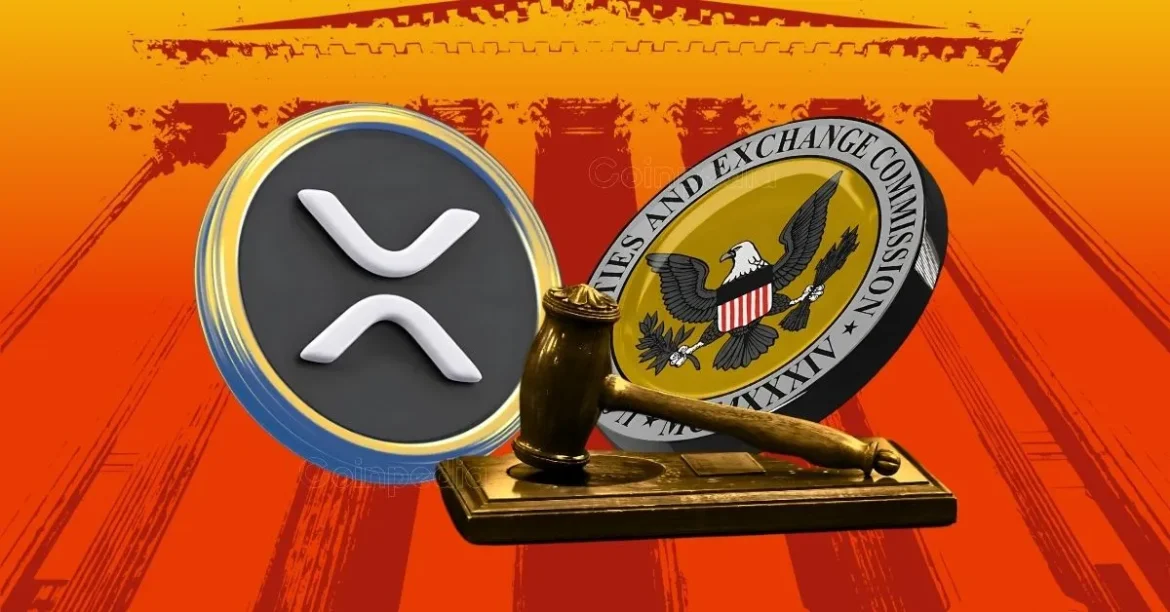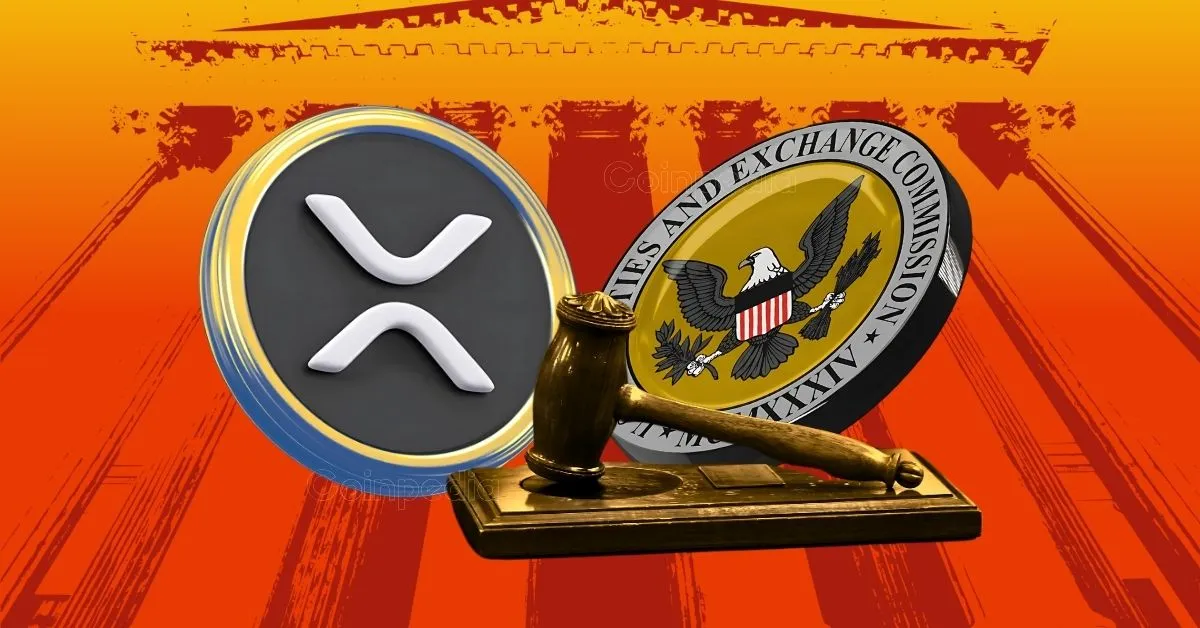The Ripple vs. SEC Lawsuit: Legal Battles, Rulings, and Future Implications
The legal confrontation between Ripple Labs Inc. and the U.S. Securities and Exchange Commission (SEC) has evolved into one of the most consequential cryptocurrency regulatory cases in recent years. At the heart of this litigation is the question of whether Ripple’s XRP token qualifies as a security, an issue that not only impacts Ripple but reverberates across the broader crypto ecosystem. This comprehensive report examines the key developments, Judge Analisa Torres’s pivotal rulings, procedural obstacles, and the potential future of XRP as this high-profile lawsuit unfolds.
—
The Core Conflict: Is XRP a Security?
The SEC’s central allegation posits that Ripple Labs conducted an unregistered securities offering by selling XRP tokens, which the SEC argues should be regulated like stocks or bonds under existing laws. Ripple counters that XRP is not a security but a digital asset or commodity, likening it more to cryptocurrencies such as Bitcoin or Ether, which the SEC has exempted from securities classification.
In July 2023, U.S. District Judge Analisa Torres issued a landmark ruling distinguishing between two types of XRP sales:
– Programmatic Sales: XRP sold through cryptocurrency exchanges and trading platforms were deemed not securities transactions. These sales lost the characteristics of investment contracts, and XRP traded publicly does not fit the Howey Test’s criteria, which is the standard for identifying securities.
– Institutional Sales: Conversely, XRP sales made directly to institutional investors were found to qualify as securities offerings because they involved investment contracts with a reasonable expectation of profit dependent on Ripple’s efforts.
This bifurcated legal interpretation reaffirmed that XRP’s classification depends on context—trading on open markets versus private institutional sales.
—
Judge Torres’s Rulings: Denials and Obstacles
Despite Ripple’s partial victory on the securities question, Judge Torres has imposed significant penalties and maintained ongoing injunctions. Notably, the court imposed a $125 million fine on Ripple Labs—markedly less than the SEC’s original demand, which was around $2 billion.
Repeatedly, Judge Torres has denied motions from both Ripple and the SEC that aimed to alter certain terms in the litigation, including:
– Rejection of Motions to Lift XRP Institutional Sales Ban: Ripple sought to resume institutional sales of XRP by lifting court-ordered bans, but these requests were declined, reinforcing restrictions while the case edges toward resolution.
– Denial of Settlement Proposals: Several joint motions to settle the case, including one proposing a $75 million penalty reduction, were rejected for procedural inadequacies or failure to demonstrate “exceptional circumstances” under Federal Rule of Civil Procedure 60. These denials have prolonged the legal uncertainty surrounding Ripple and XRP.
– Procedural Rulings: Judge Torres has emphasized strict adherence to legal procedures, dismissing motions filed incorrectly and delaying indicative rulings that might have accelerated the case’s conclusion.
—
Ripple’s Legal Strategy and the SEC’s Appeal
Ripple has maintained a combative stance, refusing to accept full responsibility for the institutional sales deemed illegal and signaling plans to “expose the SEC” through forthcoming filings. Ripple’s legal team has also highlighted the complexity of the case and the appellate process, expecting additional weeks or months before final resolution.
Meanwhile, in January 2025, the SEC filed an appeal of Judge Torres’s rulings, particularly objecting to the partial dismissal of their securities claims over public XRP sales. The SEC’s appeal introduces a new phase of uncertainty, with outcomes potentially influenced by shifts in regulatory priorities under new administration leadership.
Remarkably, Ripple’s CTO has underscored that legal proceedings should continue during the appeal, a view that matches court practices where trial and appeal phases may overlap.
—
Unforeseen Factors: National Security and Government Secrets
Some analyses suggest that if government secrets or national security interests become relevant, Judge Torres might revisit her earlier decisions. Such involvement could abruptly alter the course of the case and reshape XRP’s regulatory fate. These issues, while speculative, add another layer of unpredictability to the unfolding legal saga.
—
Market Impact and Community Reactions
The complex litigation and its rulings have exerted palpable influence on XRP’s market value and investor sentiment. Key developments, such as the rejection of settlement motions or confirmations of fines, have triggered price volatility:
– Settlement proposals being denied have often led to immediate dips in XRP’s trading price, erasing recent gains.
– Conversely, the landmark ruling that XRP sales on public exchanges were not securities was celebrated widely as a “major win” in the crypto community and briefly boosted XRP’s valuation.
On social media platforms like Reddit, discussions reflect cautious optimism intertwined with frustration over procedural delays and ongoing uncertainty.
—
Looking Ahead: Timeline and Possible Outcomes
Legal experts estimate that, absent a swift settlement or dramatic judge intervention, the Ripple-SEC case could extend well into mid-2025, with July cited as a potential month for concluding motions or rulings.
Several scenarios remain plausible:
—
Conclusion: A Pivotal Case Shaping the Future of Cryptocurrency Regulation
The Ripple versus SEC lawsuit stands as a defining moment for the cryptocurrency sector, probing the boundaries of existing securities laws in the context of emergent digital assets. Judge Analisa Torres’s rulings underscore the nuanced legal challenge of categorizing tokens like XRP — neither fully embraced nor rejected as securities, depending on how and to whom they are sold.
While Ripple scored important victories, ongoing fines, injunctions, and procedural roadblocks maintain considerable pressure. The SEC’s appeal and possible new legal twists ensure that XRP’s definitive status remains uncertain in the short term. For stakeholders—from institutional investors to everyday holders—this lawsuit’s resolution will influence not only XRP’s future but also broader regulatory attitudes toward blockchain innovation and digital finance for years to come.





